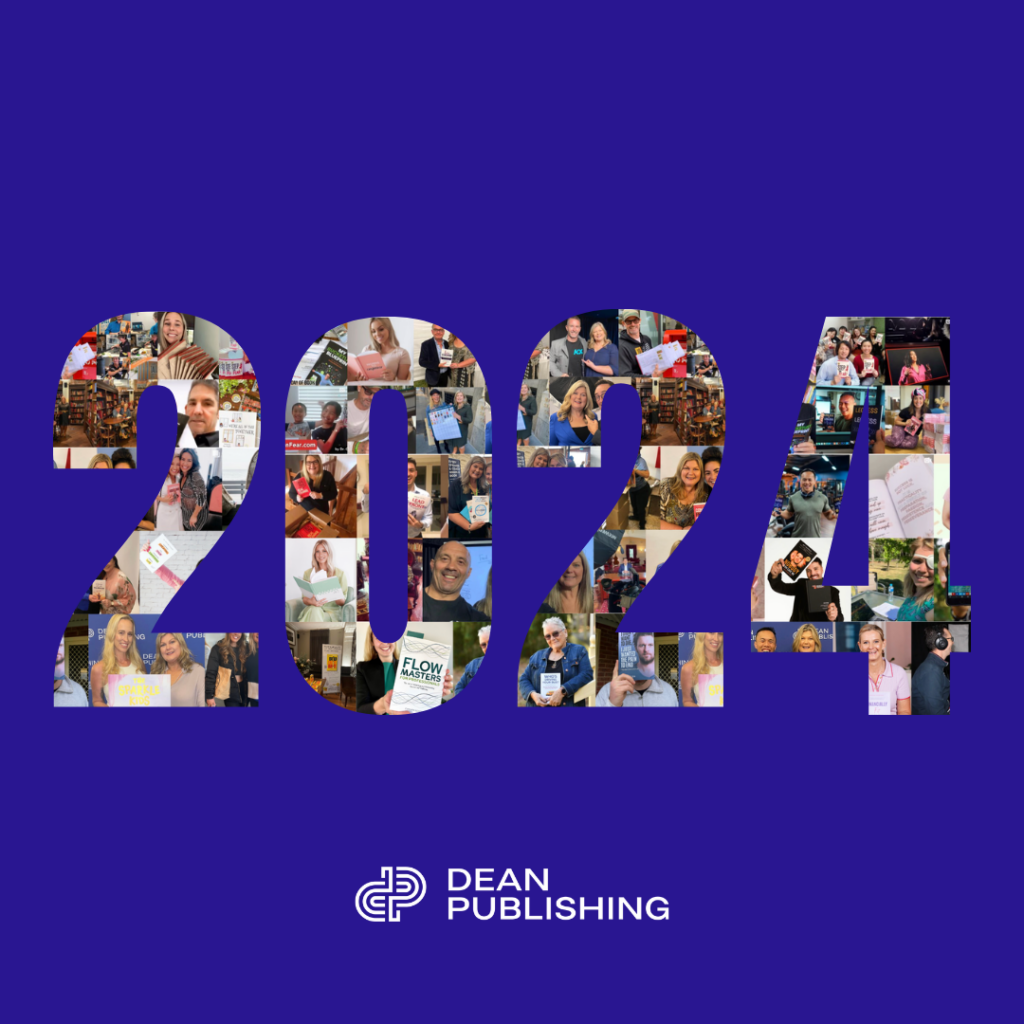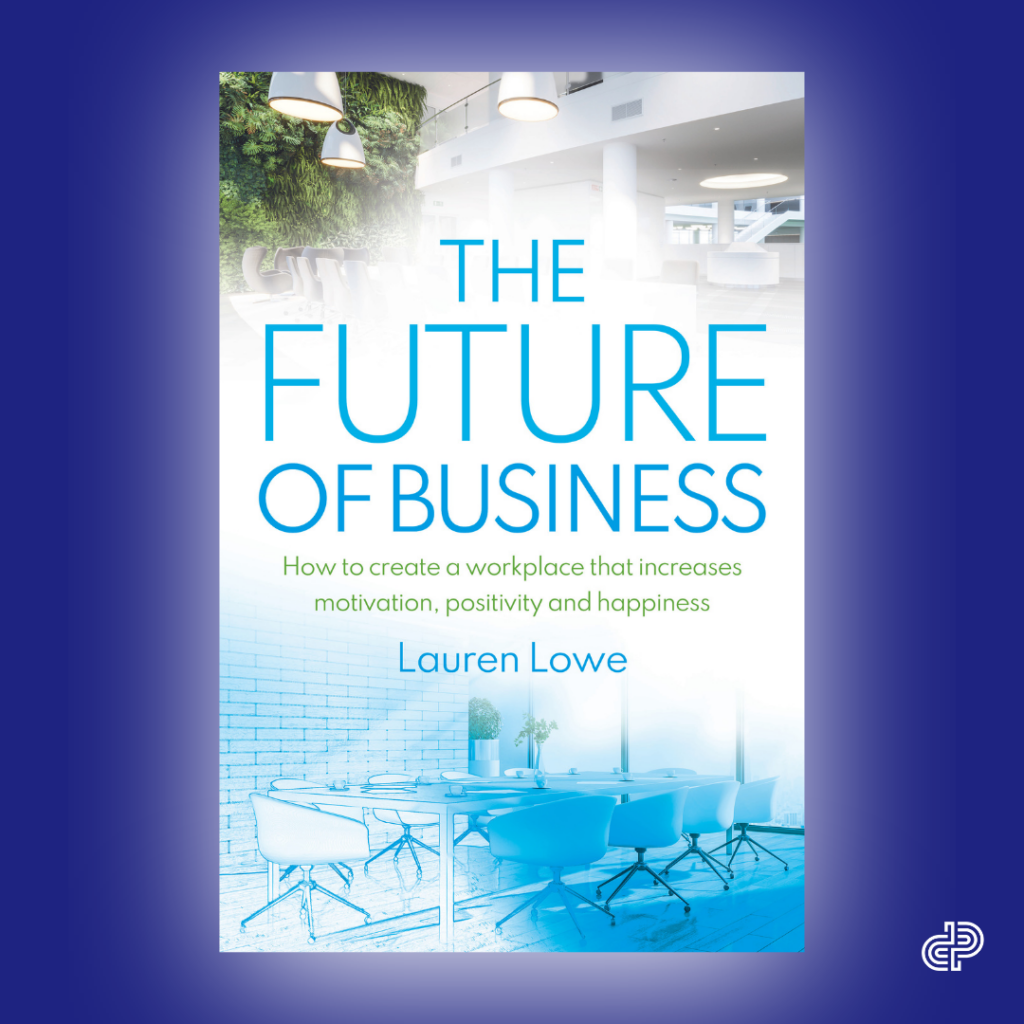
Australia has some of the strictest defamation laws in the world – it is often called the ‘defamation capital of the world’.
As a publishing house, we have a responsibility to both our authors and readers, to keep our authors safe from defamation issues and be respectful to readers and the wider community.
This blog post will outline what defamation is, and what it means for authors and publishing houses in Australia.
What is defamation?
Defamation is communication, either verbal or written, that harms the reputation of a person in an unjust or unwarranted way through spreading false information. This information can change the way the person the statements are about is seen or how people feel about them. This material can be spoken, written, drawn, photographed or blogged – it must be public, not private, material. This includes print and online media, including social media.
Defamation can happen when the person’s name is not mentioned but the statements are clearly about them; defamation can also be accidental, if the person making the statements doesn’t intend to cause harm. Defamation law covers any defamatory statements that are accidental or deliberate.
Defamation law is under the jurisdiction of states and territories, not federal law. These laws are very similar across Australia.
Defamation cases in court and defences against defamation
Defamation cases can go to court and the person claiming to be defamed can ask for compensation for harm caused. This compensation can be in the form of money or public apologies. The damages depend on the specific circumstances of the case, and are not consistent over various cases. The person who has allegedly been defamed needs to prove that whatever was published would negatively affect their reputation.
Those who have been accused of defamation can defend themselves by proving the information is true, and there are many other defences against defamation cases.
Both sides of a defamation court case are expensive and the laws are complex, so many situations of alleged defamation don’t go to court, given the expenses and effort of successfully arguing for and against defamation claims.
Publishers of defamatory material
The individual who has made the statements is considered the publisher, in legal terms. When this individual receives a notice of complaint about defamation, they have a short time period
to voluntarily offer amends through a specific process. If they do not do this, the case can go further.
Defamation – civil or criminal law?
In Victoria, defamation is civil law, but criminal proceedings can be introduced if the individual who made the statements knew they were false or did not regard the truth when they published the statements; however, this is rare.
Defamation limitation periods
There is a limitation period on defamation claims in Australian states and territories, which is one year after the allegedly defamatory material has been published.
Who can sue for defamation?
Individuals, small businesses and not-for-profits can sue for defamation; large companies are usually unable to sue for defamation.
How defamation affects publishing and authors
As a publishing company that works with authors, defamation is a consideration throughout the editing and publishing process. Defamation is a particularly relevant concern in the media industry, as publications are constantly released and often contain information about people.
Australia’s defamation laws are very strict, so as an Australian publishing house that represents Australian authors, we are very aware, mindful and accountable about defamation and any issues that can be encountered in the content we publish.
Authors and publishers being aware of defamation law is important, particularly when publishing nonfiction as real people are often mentioned.
Who is affected by a defamation case?
A defamation case can affect both the author and the publisher of the material. If someone thinks they have been defamed, they can sue multiple people and entities for the same statements. Australian defamation law permits someone to sue both the person who made the defamatory statements, and everyone involved in publishing it.
The “‘publisher’ of … content includes the author of material, the editors and the legal entity responsible for the publication. The courts have accepted that these people have the primary liability under the defamation law as their role in the publication process is such that they know or can be expected to take responsibility for reviewing the content of the material being published, and are therefore able to control that content, and if necessary prevent the publication of defamatory material” (Arts Law Centre of Australia 2022).
The “criteria for identifying a primary publisher are:
- that the person knows or can easily acquire knowledge of the content of the material being published – although not necessarily having the knowledge that the material is defamatory (the knowledge criterion); and
- that the person has a realistic ability to control publication of such content, in other words, editorial control involving the ability and opportunity to prevent publication of such content (the control criterion)” (Arts Law Centre of Australia 2022).
Our duty of care
As a publishing company, we have a duty of care to our authors to avoid potentially defamatory material.
If an author is sued for defamation and those claims are found to be correct, they could have to pay financial compensation, publish an apology or retraction, and delete any defamatory material, which can all be very expensive. If any material in a book is found to be defamatory, it is particularly expensive to ‘delete’ this material, as books need to be disposed of and reprinted with the updated material.
Defamation is a hard case to defend against, so it is best to avoid publishing material that could potentially be seen as defamatory.
When going through the writing and editing process, it’s important to consider if other people are identified and how they are represented in the story. If there are potential defamation issues, factual information or evidence can be added or it can be made clear that the statements are the author’s opinion.
Summary
Defamation is allegedly false public communication that harms someone’s reputation; importantly, it can be either accidental or deliberate. Defamation law depends on state or territory laws, and is civil not criminal law. Individuals, small businesses and not-for-profits can sue for defamation.
Defamation cases can be brought to court – the person who is claiming to have been defamed can ask for compensation for the reputational harm caused. There are many defences against defamation cases; these situations and the laws surrounding them are complex. Defamation cases also have a time limit after the statements have been published.
The individual who makes the statements is considered the publisher, and other people and entities, such as editors, publishers and the publishing company, are considered publishers of the allegedly defamatory material as well.
Defamation law is particularly relevant to the publishing and media industry, as often material about people is published, especially in nonfiction publishing.
As a publishing company, we have a duty of care to our authors to avoid publishing defamatory material, and to be truthful in what we publish.
References
Arts Law Centre of Australia 2022, Defamation Law, information sheet, Sydney, viewed 10 August 2022, https://www.artslaw.com.au/information-sheet/defamation-law/. Arts Law Centre of Australia 2022, Defamation Law – Online Publication, information sheet, Sydney, viewed 16 August 2022, https://www.artslaw.com.au/information-sheet/defamation-law-online-publication/#:~:text=To%20be%20defamatory%2C%20the%20material,defamation%20can%20arise%20from%20errors. Australian Society of Authors 2021, Important Updates to Australian Defamation Law, webpage, viewed 18 August 2022, <https://www.asauthors.org/news/important-updates-to-australian-defamation-law>. Bartlett, P, Considine, P & Levitan, D 2020, Four Lessons for Media Companies After Major Defamation Payout, webpage, Minter Ellison, viewed 18 August 2022, <https://www.minterellison.com/articles/four-lessons-for-media-companies-after-major-defamation-payout>. Bolton, B & Clements, S 2021, Safeguard Your Business Against Defamatory Content on Social Media, webpage, Hopgood Ganim Lawyers, viewed 18 August 2022, <https://www.hopgoodganim.com.au/page/knowledge-centre/blog/safeguard-your-business-against-defamatory-content-on-social-media>. Clift, B 2021, Defamation Law and the Pitfalls for Australian Media, webpage, InDaily, viewed 18 August 2022, <https://indaily.com.au/opinion/2021/03/16/defamation-law-and-the-pitfalls-for-australian-media/>. Gordon Legal 2020, Defamation Law in Australia: A quick guide, webpage, Melbourne, viewed 10 August 2022, https://gordonlegal.com.au/services/defamation-privacy-law/defamation-law-in-australia-a-quick-guide/. Griffiths, O 2019, Reform of defamation law, webpage, Parliament of Australia, viewed 16 August 2022, https://www.aph.gov.au/About_Parliament/Parliamentary_Departments/Parliamentary_Library/pubs/BriefingBook46p/DefamationReform. Justice Connect 2022, Understanding defamation laws, webpage, Melbourne, viewed 16 August 2022, https://www.nfplaw.org.au/free-resources/advertising/understanding-defamation-laws. King and Wood Mallesons 2022, Who’s Paying the Toll for Online Trolls: The High Court in Voller Rules on the Meaning of “Publisher” in Defamation Law, webpage, Asia, viewed 18 August 2022, <https://www.kwm.com/au/en/insights/latest-thinking/the-high-court-in-voller-rules-on-the-meaning-of-publisher-in-defamation-law.html>. Legal Aid Victoria 2022, Defamation, webpage, Melbourne, viewed 10 August 2022, https://www.legalaid.vic.gov.au/defamation. Makela, M 2022, Defamation in Victoria, webpage, GTC Legal Group, Melbourne, viewed 10 August 2022, https://www.gotocourt.com.au/civil-law/vic/defamation/. Sampias, K 2022, Defamation in Australia, webpage, Armstrong Legal, Sydney, viewed 10 August 2022, https://www.armstronglegal.com.au/commercial-law/national/tort-law/defamation-australia/. Twomey, B 2022, All Your Australian Defamation Law Questions Answered, webpage Twomey Dispute Lawyers, Burleigh Heads, viewed 10 August 2022, https://tdllaw.com.au/2021/07/20/all-your-australian-defamation-law-questions-answered/#:~:text=In%20Australia%2C%20defamation%20is%20almost,you%20see%20dramatised%20on%20TV. University of Technology Sydney 2018, Trends in Digital Defamation: Defendants, Plaintiffs and Platforms, research report, Sydney, viewed 18 August 2022, <https://www.uts.edu.au/node/247996/projects-and-research/trends-digital-defamation-defendants-plaintiffs-and-platforms>. Wainwright, R 2021, Why defamation suits in Australia are so ubiquitous – and difficult to defend for media organisations, webpage, The Conversation, viewed 16 August 2022, https://theconversation.com/why-defamation-suits-in-australia-are-so-ubiquitous-and-difficult-to-defend-for-media-organisations-157143.





